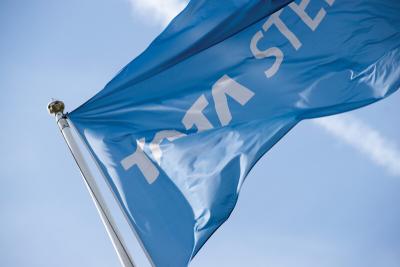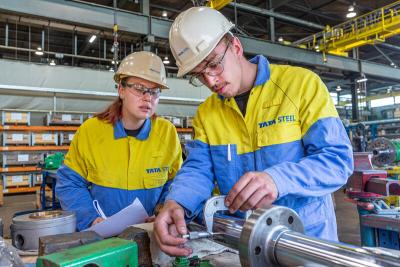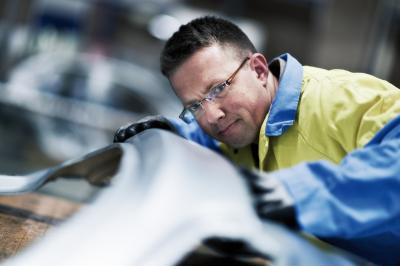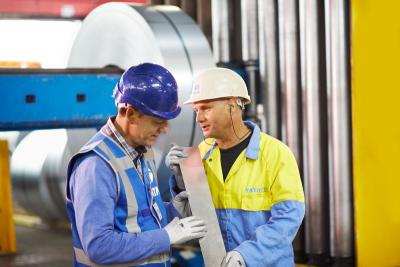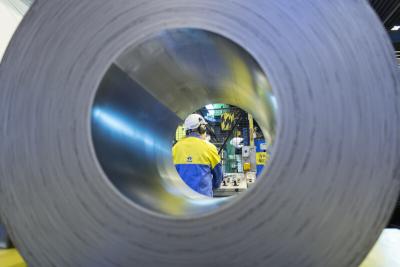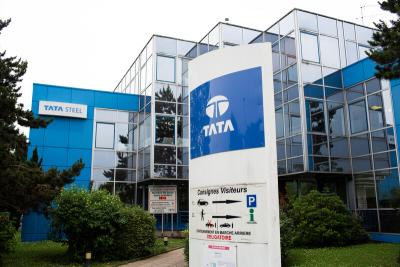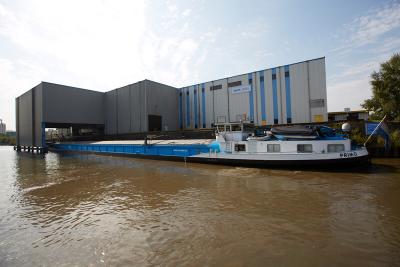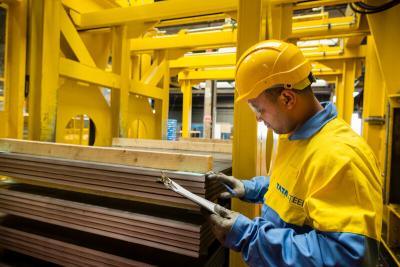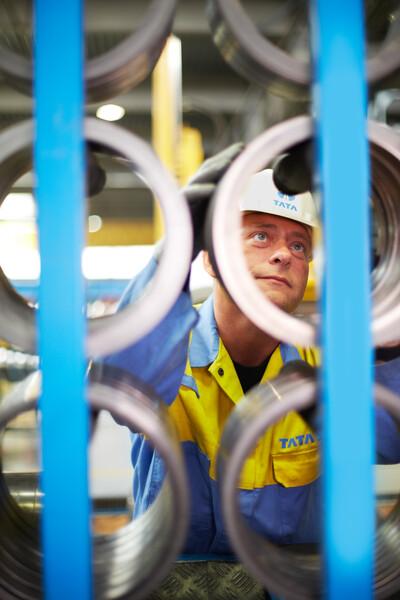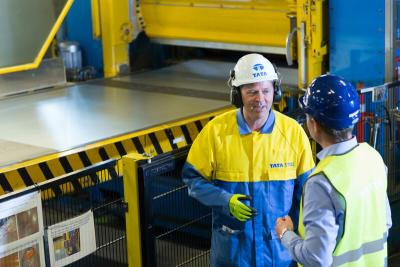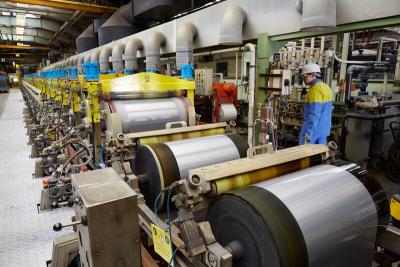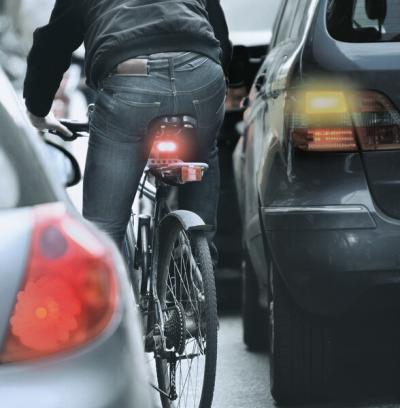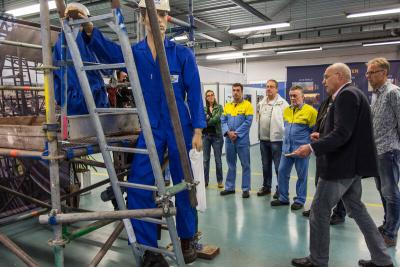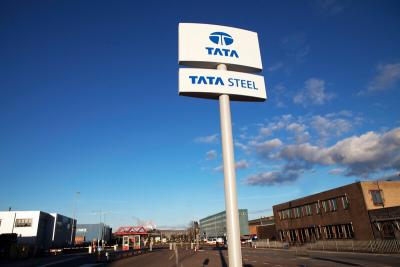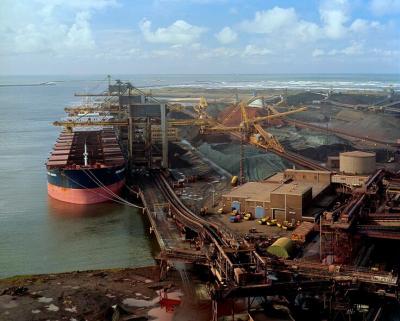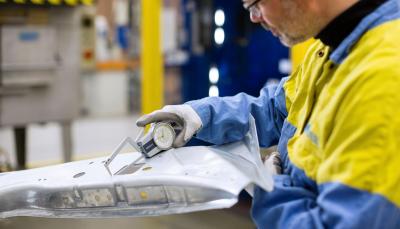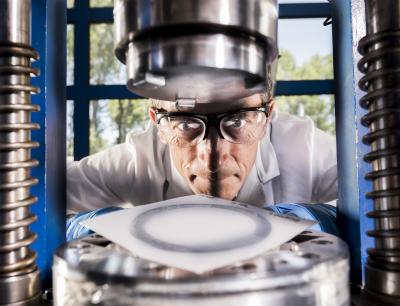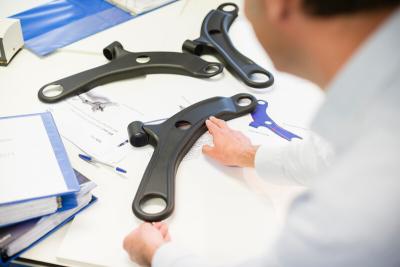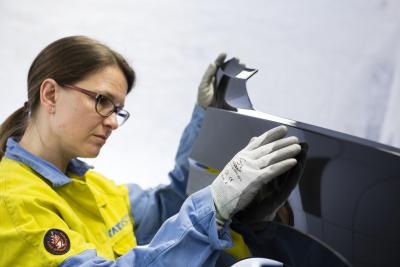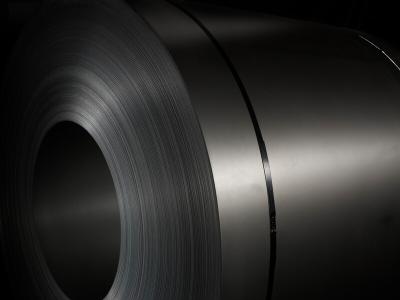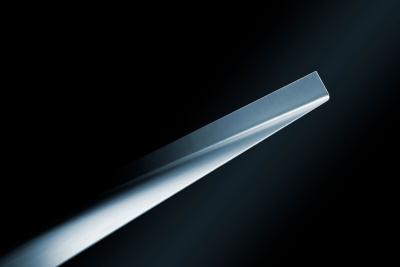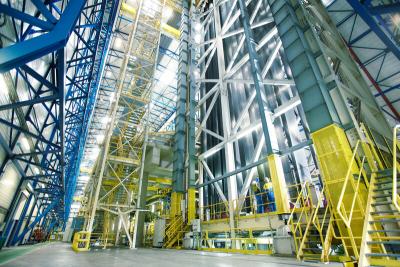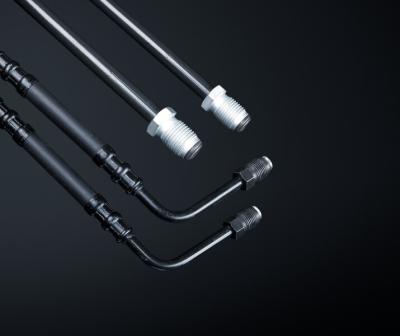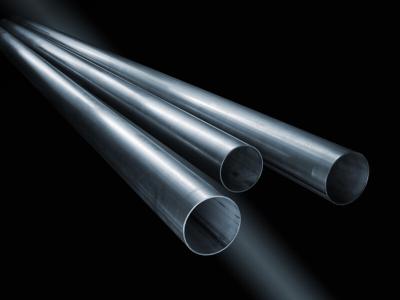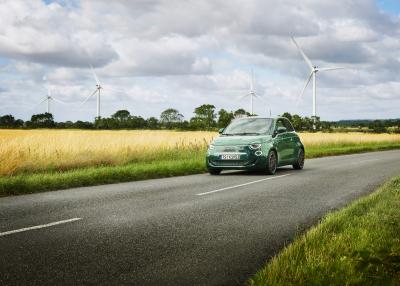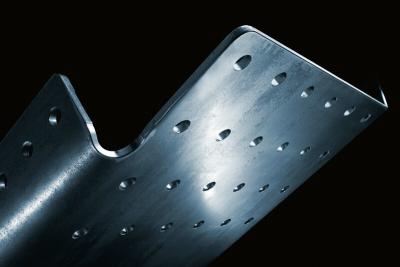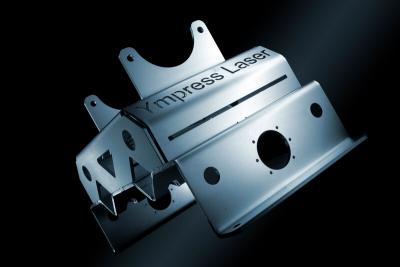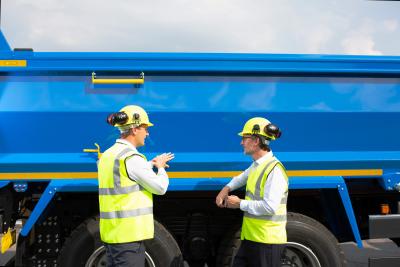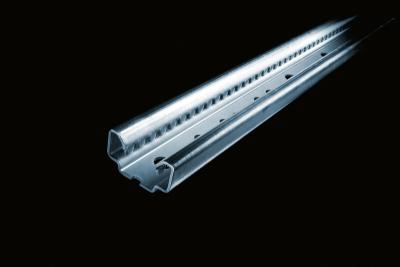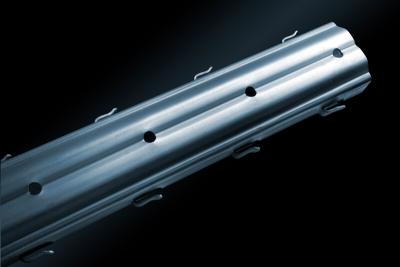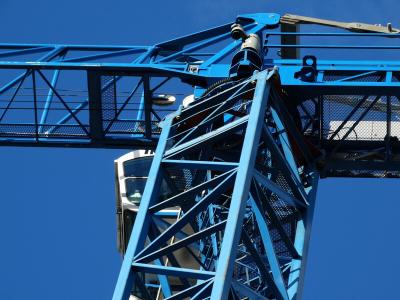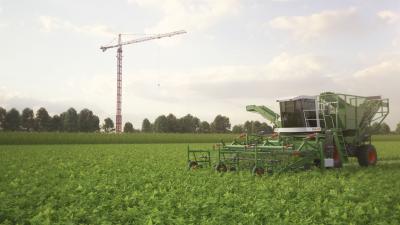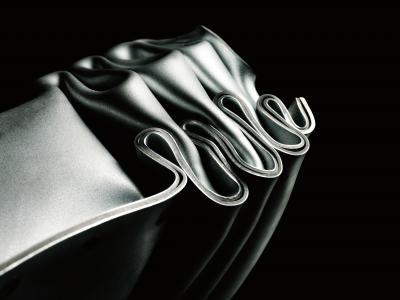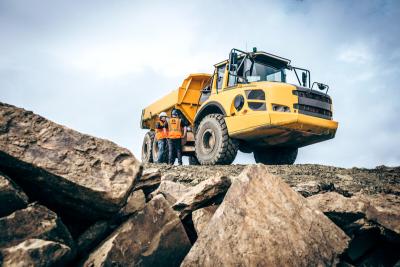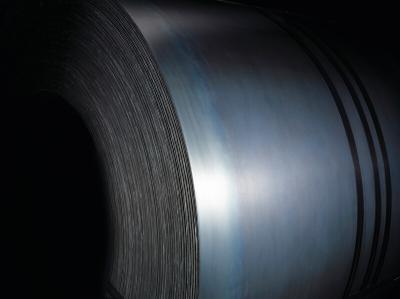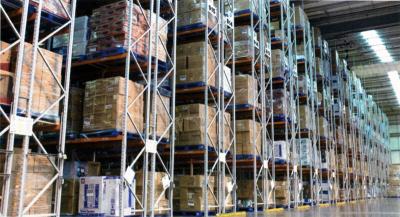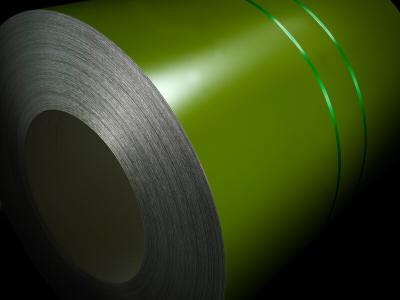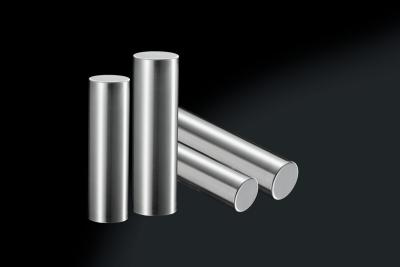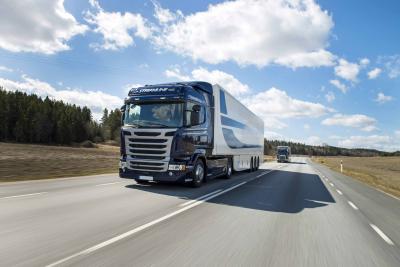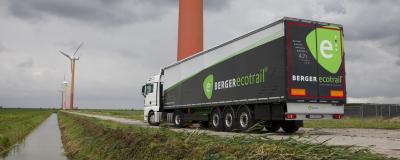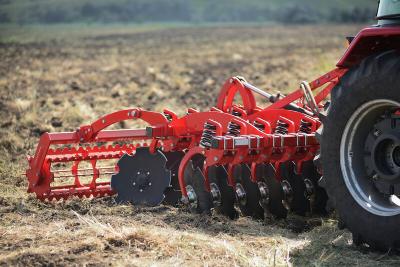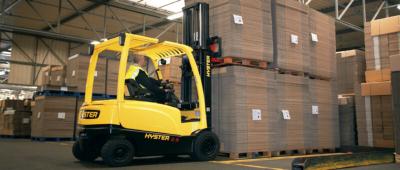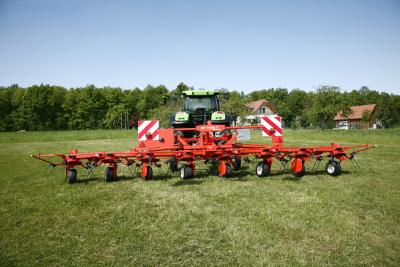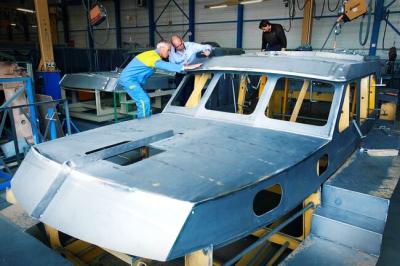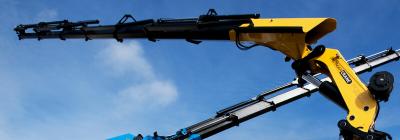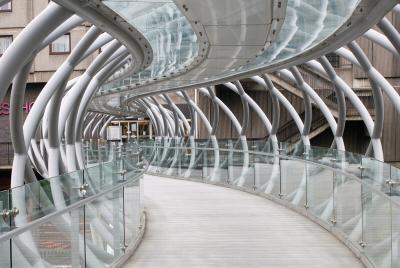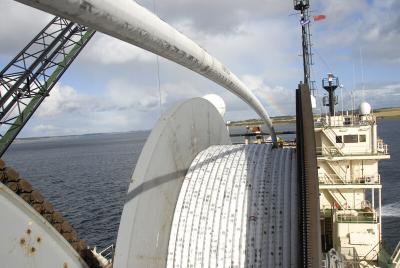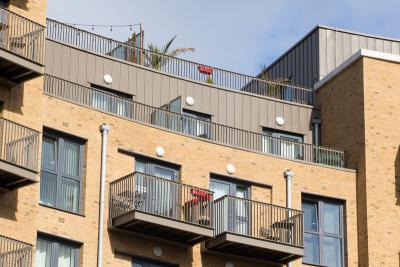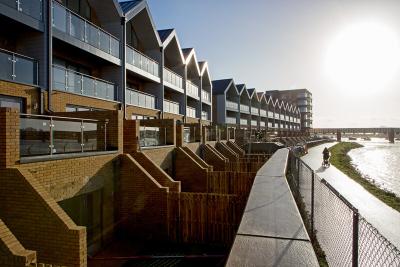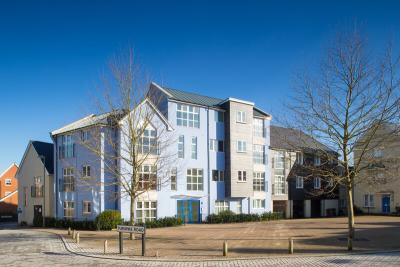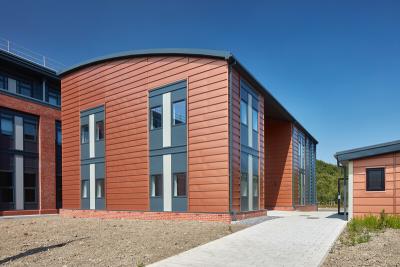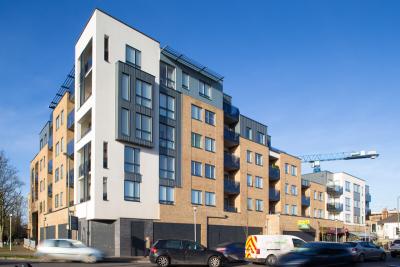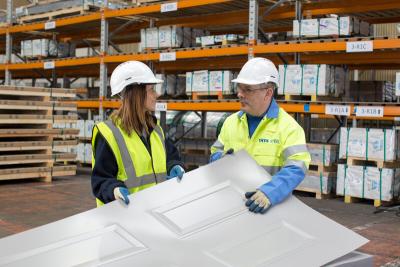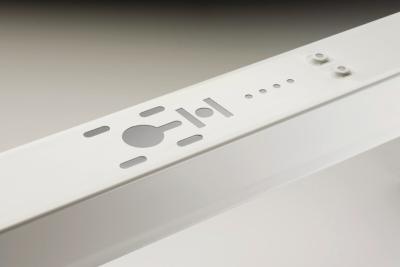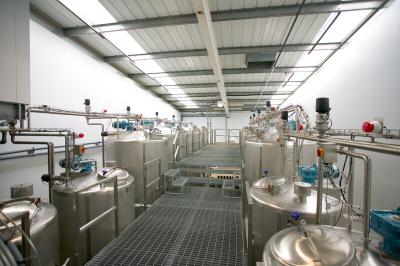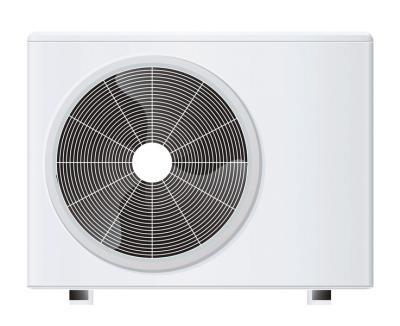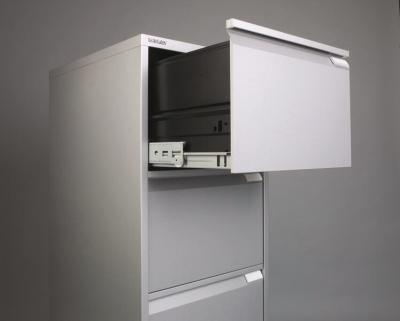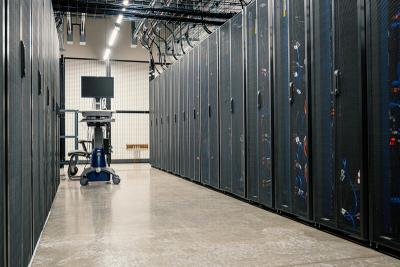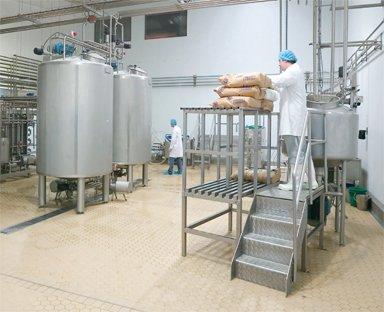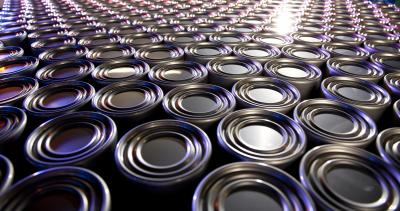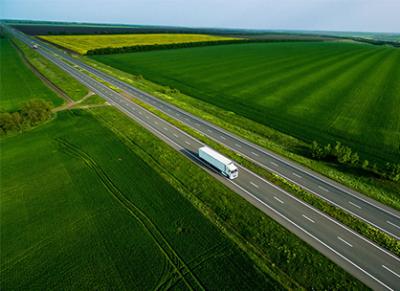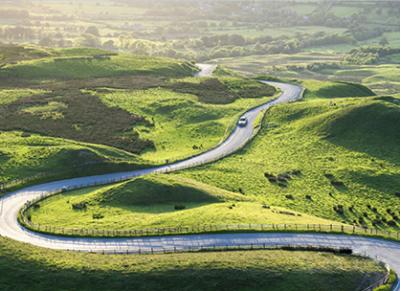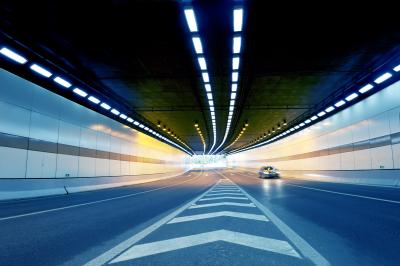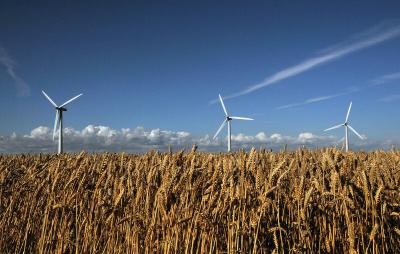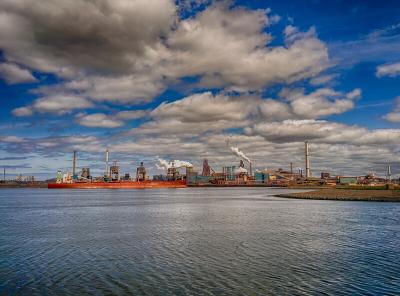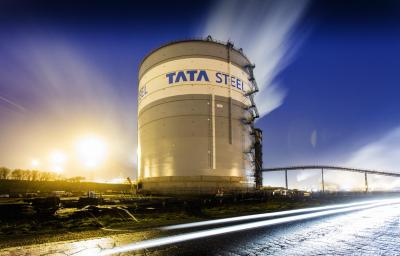Trade organisation UK Steel has today issued the following press release, calling on the UK Government to introduce its own Carbon Border Adjustment Mechanism to stop the import of high-emission steels from overseas.
UK Steel has today warned that almost 23 million tonnes of non-EU steel could flood the UK market, if the UK fails to introduce its own Carbon Border Adjustment Mechanism (CBAM) at the same time as the EU. The steel trade association says that the UK Government must act swiftly to avoid crushing the UK steel industry when the EU brings in new import carbon costs in 2026.
The Government has today closed its consultation on a UK CBAM. UK Steel’s new stats expose how 23 million tonnes (Mt) of steel currently imported into the EU could be diverted from Europe and onto the UK market when the EU’s CBAM is put in place, if there is no UK equivalent in place. The UK’s consumes only 9Mt of steel, meaning any imported, cheap and high-emission steel will be stacked in stock yards, undercutting local costs and devastating the domestic industry.
The main aim of a CBAM policy is to create a market for low-emission steel and help the industry decarbonise. Imported steel can undercut domestic production simply because most nations do not apply the high carbon costs to their steel industry.
The second blow would come from the restrictions to exports, as 75% of the UK steel industry’s exports totalling 2.55Mt of steel (£3.5bn in value) goes to European markets. This could face a trade barrier from the European CBAM from 2026, unless the UK moves forwards with its own UK CBAM.
By implementing its own Carbon Border Adjustment Mechanism, the UK removes a trade barrier to the steel industry’s biggest market, stops the risk of trade diversion in its tracks, and creates a market for low-carbon steel vital for UK plc’s Net Zero transition.
Gareth Stace, Director General of UK Steel, said: “Over three times our annual steel consumption is at risk of being diverted from the EU to open markets like the UK, which could suffocate our domestic industry. By not acting now UK government will burst the dam, when high-emission, cheap steel floods the UK market while ruining our export opportunities at the same time.
“We need a UK Carbon Border Adjustment Mechanism to level the playing field on carbon costs across local and international suppliers. By having a competitive domestic steel industry, the UK can lead the way to Net Zero steelmaking. Steel is vital to the UK’s economic resilience, jobs and hitting Net Zero targets for the wider economy, and integral to green tech, transport and future housing.”
~ends~

About CBAMs
- The consultation on a UK CBAM policy closed today, 22nd June 2023, but the Government has not yet confirmed whether it will implement a CBAM policy to protect its domestic steel industry.
- A Carbon Border Adjustment Mechanism (CBAM) creates a level playing field by applying carbon prices at the border equivalent to those faced by domestic producers. The EU is now introducing an EU CBAM. The UK should also introduce its own CBAM policy.
- European and UK steelmakers face higher carbon prices than any other part of the world.
- CBAM aims to prevent carbon leakage, where higher national carbon prices increase domestic production costs, leading to high-emission, cheap, imported steel outcompeting and replacing domestic steel supply.
- A CBAM policy will support the decarbonisation of steel production, allowing steelmakers to produce low-emission steel (potentially with higher production costs) without being outcompeted by high-emission, lower-cost, imported steel.
EU timeline:
- The European Union is implementing a CBAM policy, initially phasing in reporting requirements from October 2023 before the CBAM compliance carbon costs apply from 2026 onwards.
- This could have devastating effects on the UK steel market, UK producers, and the industry’s ability to compete and decarbonise unless the UK follows suit and implements its own comparable policy.
Trade divergence:
- In 2022, 28,849,708 tonnes of steel produced worldwide were exported to the EU, which could be diverted to the UK market.
- When facing an EU CBAM cost, high-emission steel currently exported to the EU could be diverted to the UK, flood the market, and depress prices. • Some steel imported into the EU will qualify as low-emission (or almost low-emission) steel and meet CBAM requirements or pay very little extra cost. However, any high-emission steel that has not paid a domestic carbon cost must pay an EU cost upon importing.
- Canada and New Zealand both have carbon schemes and apply a carbon cost of around £30-40 per tonne of CO2 equivalent (CO2e), which would reduce their EU compliance costs and risk of trade diversion (22,033 tonnes). This is lower than UK’s carbon cost, where the average was £80 per tonne of CO2e in 2022.
- Similarly, Electric Arc Furnace production would also face a reduced compliance burden, as its emissions would generally be lower, reducing the risk of trade diversion by approximately 6,342,089 tonnes.
- This leaves 22,485,587 tonnes of steel (from BF-BOF or DRI-EAF production routes) that has faced little to no domestic carbon cost. Instead of paying a CBAM cost at the EU border, this could be diverted to the UK market which does not apply a carbon cost to high-emission steel.
Trade barrier:
- UK producers may initially be exempt from the EU CBAM carbon cost, but will eventually need to comply with the regulation, resulting in a trade barrier to our biggest export market.
- The EU is an important market for the UK: in 2022, the UK exported 3,399,485 tonnes of steel, of which 2,550,312 tonnes went to EU member states, constituting 75% of exports. This means that the EU CBAM could have a detrimental impact on UK steel exports



